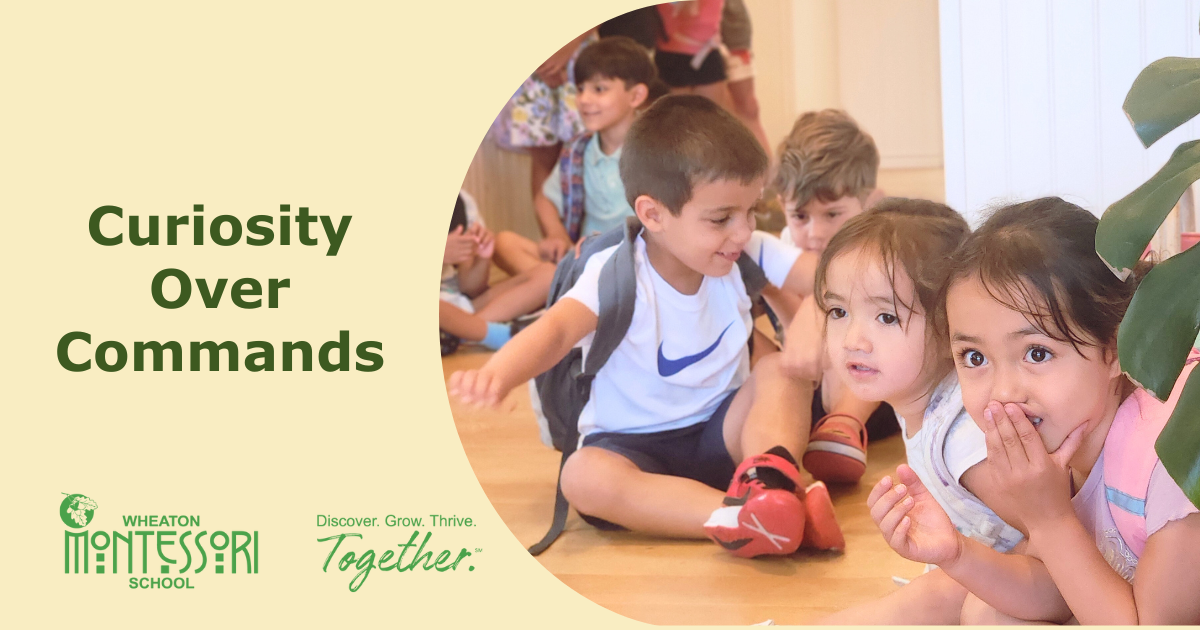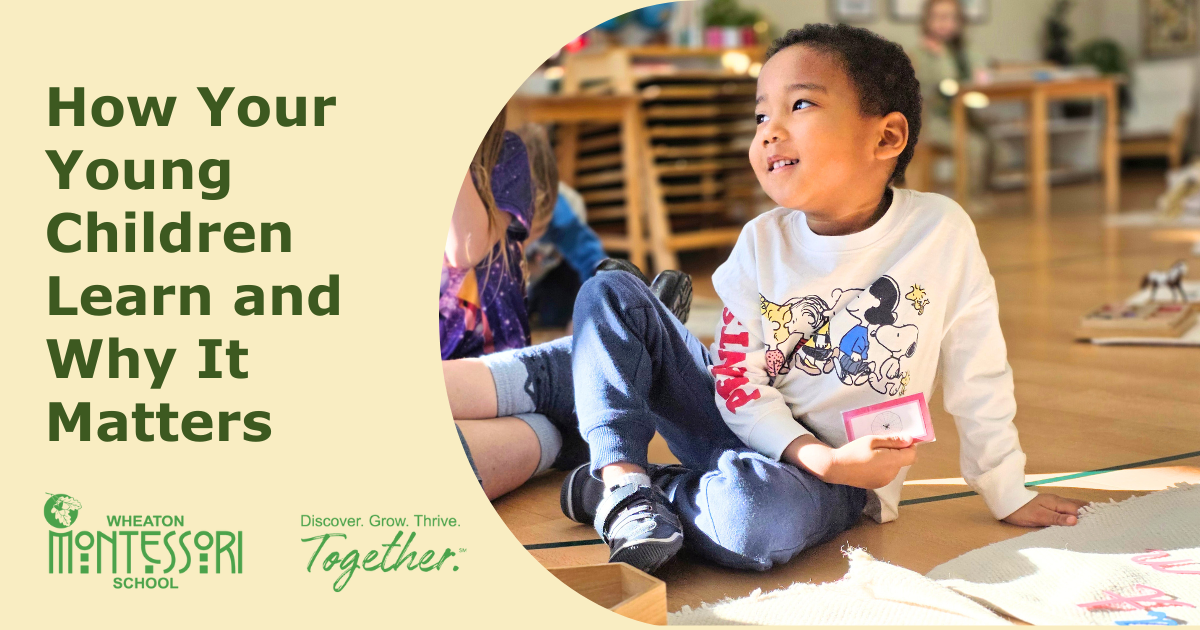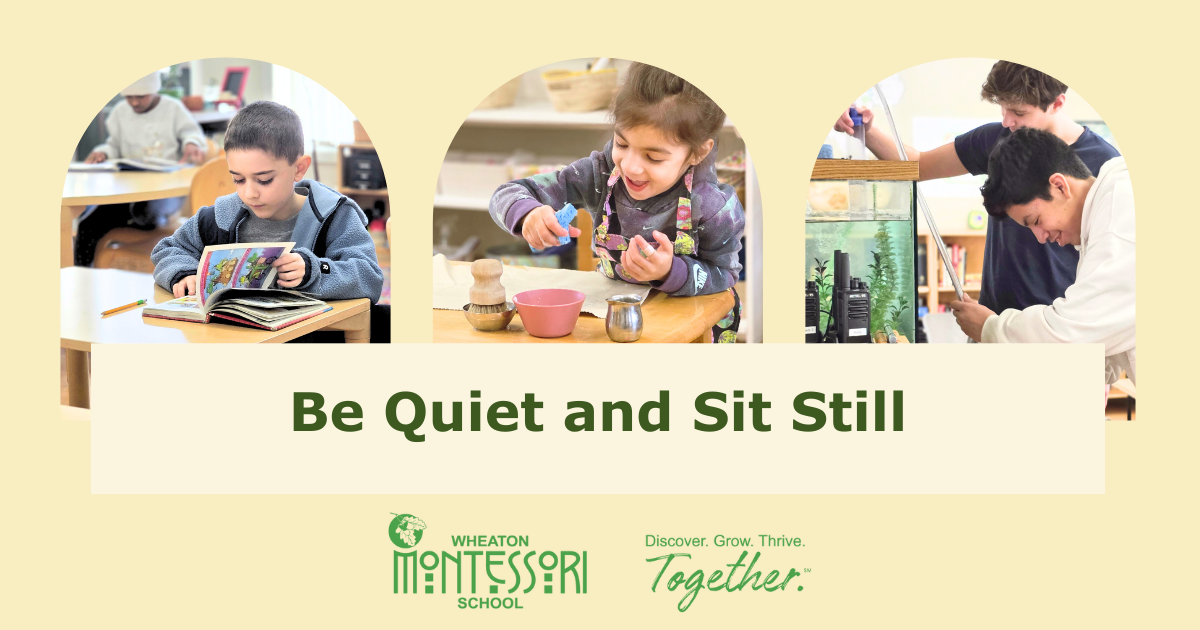
“Try this.” “Do that.” While our intentions are good, our children’s responses are not always what we hope. Depending upon the situation, they may get overwhelmed, respond with resistance, or even shut down.
Advice, even when helpful, isn’t always what’s needed in the moment. What often works better (with children and even adults) is a different kind of support.
The Power of Curiosity Questions
Invite children into the problem-solving process. Curiosity questions shift the dynamic from a command-and-control approach to one of collaboration.
Here are a few examples of curiosity questions:
- “What’s happening?”
- “What would you like to have happen?”
- “How can I help?”
By asking instead of telling, we give our children space to think, feel, and take ownership. Their brains remain engaged in a calm, reflective state rather than flipping into fight-or-flight mode. Even more importantly, children start to feel capable because their ideas and feelings are valued.
Why This Matters
Moments of frustration or challenge are inevitable. And we want our children to have these experiences so they know they can manage and move through them. Whether it’s struggling with a seatbelt, navigating friendship dynamics, or facing academic pressures, children need tools to navigate difficult moments
A key part of maturing is becoming more comfortable with discomfort.
When we rush to solve every problem or mitigate every source of discomfort, we prevent opportunities for children to build emotional resilience, strengthen communication skills, cultivate problem-solving skills and independence, and foster mutual respect.
Show Genuine Interest
Children are incredibly perceptive and can sense when a question is loaded or when it's a subtle way of getting them to do what we want. Curiosity questions are most powerful when they come from a place of authentic wonder and care. Ask because you want to understand their experience.
Create a Calm First Atmosphere
When children are in the middle of a meltdown, they aren’t able to process language-based information. If they (or we) are emotionally flooded, focus on calming and making connection first. “I can see this is really frustrating. Let’s take a breath. We can talk about it when we’re both ready.” The focus becomes everyone feeling regulated.
Avoid Accusatory Language
Children are also incredibly sensitive to undertones of blame. Even well-meant questions can come across as judgmental if delivered with irritation, sarcasm, or disbelief. Focus on gathering information with empathy and openness. We want to avoid “Why did you…?” This feels like an interrogation. It’s best to frame questions to understand. When we listen, we should aim to do so actively. Phrases to have in the toolbox could include, “Tell me more about that,” or “Why do you think that happened?” Patience and silence are powerful parts of the process, giving our children time to think and respond.
For the Road Ahead
Curiosity questions are a cornerstone of respectful, connection-based parenting. We’ll face plenty of moments when instinct tells us to jump in and take control. However, sometimes the most empowering thing we can do is slow down and get curious. With just a few simple questions, we can help our children feel calm, capable, and connected. In the process, we also remind ourselves that guidance doesn’t always mean having all the answers.
To learn about more examples of effective and respectful guidance, schedule a time to visit our school!
Pro-Tip: Search our blogs for more parenting hacks – We know you are doing your best, and getting mixed messages all over social media is confusing. Let us help clear the muddy waters with our curated posts.


